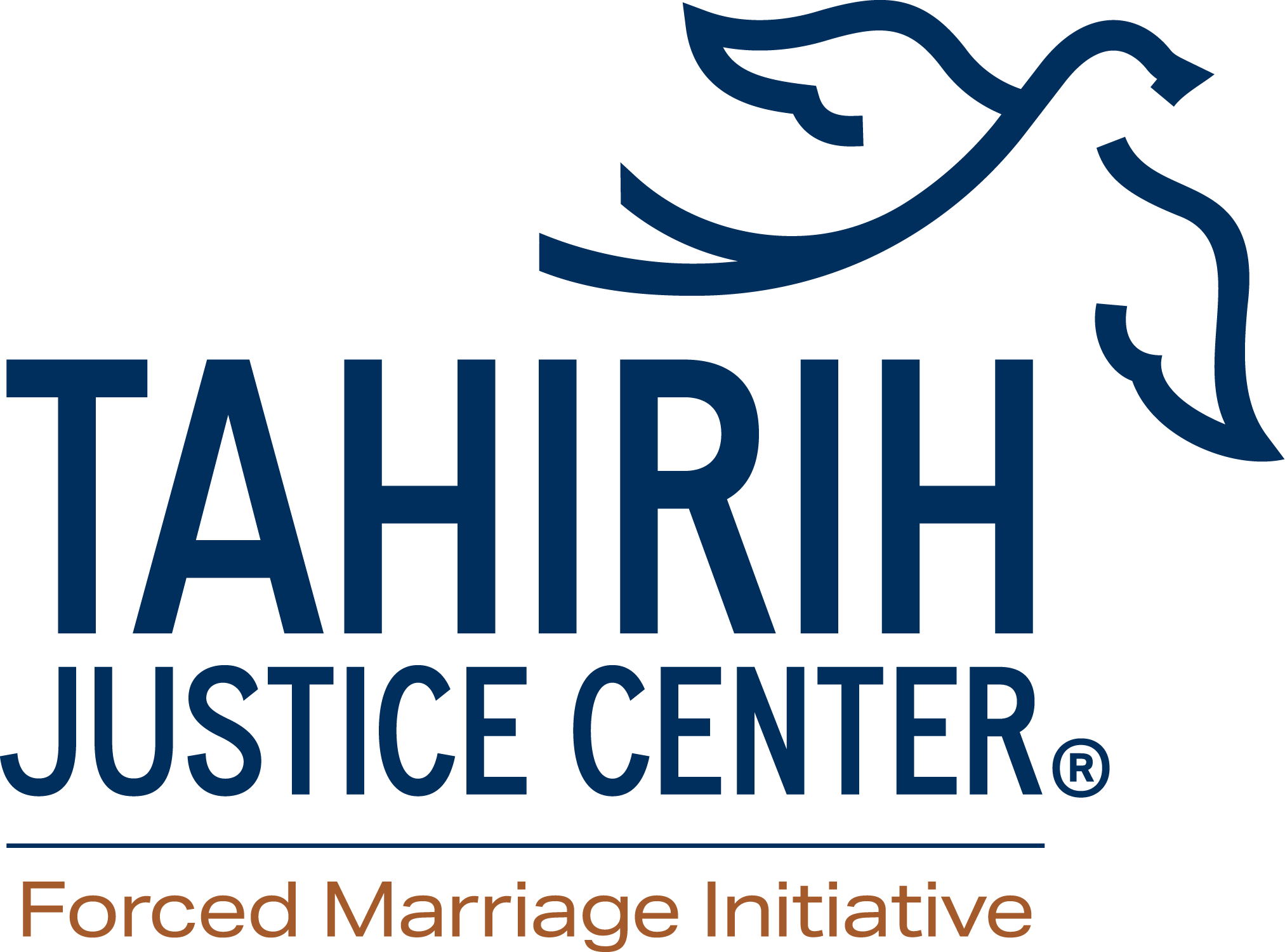Forced Marriage Overseas: Afghanistan
Overview
Individuals from the United States will likely face serious hurdles and substantial risks if trying to avoid and/or escape marriages in Afghanistan. Despite recent efforts to bolster protections, Afghan women and girls continue to suffer widespread discrimination, domestic violence, forced marriage, trafficking, and other forms of violence.1 Laws to protect women and girls from violence are rarely enforced, and perpetrators of violence against women and girls are rarely brought to justice.2
For further information and guidance for individuals from the U.S. that are facing or fleeing a forced marriage in Afghanistan, please contact the Forced Marriage Initiative.
Marriage in Afghanistan
Girls and women in Afghanistan have severely limited rights when entering into or attempting to dissolve a marriage. Although statutory law sets out a minimum age for marriage of 18 for males, 16 for females, and 15 with guardian consent, and recent legal reforms, including the 2008 National Action Plan for the Women of Afghanistan, included provisions criminalizing forced and underage marriage, these laws are not regularly observed or enforced. Instead, tradition and customary laws tend to frame marriage-related practices, often allowing for marriages without the consent of both parties.3 This problem is particularly widespread in provincial and rural areas. The Afghanistan Independent Human Rights Commission (AIHRC) estimated in 2006 that 60 to 80 percent of all marriages in Afghanistan are forced, and approximately 57% of girls are married before the age of 16.4
Potential Risks and Protections in Country
It is unlikely that current Afghan laws and judicial remedies could adequately protect a girl or woman who faces a forced marriage. There are few state courts in country, many of which apply traditional or customary law over statutory law, and other cases are referred to tribal tribunals which apply their own rules and customs, leaving many women and girls without recourse in the state legal system. Compared to men, women have very limited options for pursuing dissolution of a marriage,5 and it is very difficult to obtain a divorce or annulment without consent of the spouse and family.
Police and other law enforcement bodies in Afghanistan generally do not provide reliable protection for women and girls fleeing forced marriage situations, and victims reaching out for help may be treated as offenders. The majority of forced marriage cases and other types of violence against girls and women go unreported, and the government generally does not prosecute cases that are brought to the attention of authorities. Women and girls who seek help from the police are frequently turned away or are exposed to further violence or sexual assault. Police officers may return a woman fleeing forced marriage to her family for the issue to be dealt with internally or refer it to traditional dispute resolution rather than to state courts. Bribery and corruption is a serious issue within the Afghan police force, and in certain situations families may be able to use police as a resource to locate victims.
In Afghanistan, there is also the risk that a woman fleeing a forced marriage may be charged with “attempted zina,” a crime under Islamic law that includes behaviors such as adultery, extramarital sex, and homosexuality, among other things.6 The government in Afghanistan has imprisoned nearly 400 women for “moral crimes” including situations where they are running away from domestic abuse. In fact, the Afghan Supreme Court treats running away as a crime punishable by up to 15 years in prison. To compound the problem, most cases are never investigated and women are often convicted without a credible form of due process.7
Special Challenges in Returning to the United States
Individuals from the U.S. that are fleeing forced marriage situations in Afghanistan may face significant challenges in leaving through airports and land borders, particularly if their documents have been confiscated. Individuals that that are dual U.S. and Afghan citizens may be subjected to requirements applying to Afghan nationals (including that married women traveling abroad be accompanied by their husbands, or that married women produce evidence of their husband’s consent when applying for an Afghani passport). Please check the entry and exit requirements for Afghanistan for the most up to date information.
Assistance for Individuals from the United States
- The Tahirih Justice Center Forced Marriage Initiative
We are available to help individuals from the United States who are facing or fleeing forced marriage in Afghanistan, including providing phone, text, and email support, connecting with the U.S. government and local Afghani resources, and coordinating shelter and services back in the United States. - The U.S. State Department
The State Department is available to assist U.S. citizens that are victims of forced marriage with replacement of travel documents and return travel to the U.S. However, in Afghanistan, U.S. State Department response and assistance may be extremely limited due to continuing conflict conditions in country, which may frequently close U.S. governmental buildings and restrict travel by consular staff. For updated information and travel alerts, please visit the department’s webpage on international travel in Afghanistan. - U.S. Embassy Kabul
Contact the embassy in the case of an emergency.
Tel: (00 93) (0)700-10-8001
Email: kabulwebmaster@state.gov
REFERENCES
1 Amnesty International, Annual Report: Afghanistan 2012, available at https://www.amnesty.org/en/region/afghanistan/report-2012; Human Rights Watch, World Report 2014, available at https://www.hrw.org/world-report/2014/country-chapters/afghanistan?page=1.
2 Amnesty International, Annual Report: Afghanistan 2013, available at https://www.amnestyusa.org/research/reports/annual-report-afghanistan-2013?page=show.
3Lauryn Oates, Overview of the Afghanistan Legal System, Country Section Afghanistan, published on www.womankind.org.
4 Afghan Independent Human Rights Commission, Annual Report (2006).
5Max Planck Institute for Foreign Private Law and Private International Law, Family Structures and Family law in Afghanistan – A Report of the Fact-Finding Mission to Afghanistan January – March 2005 (April 2005), at 8; Rod Nordland, In Spite of Law, Afghan ‘Honor Killings’ of Women Continue, The New York Times (May 3, 2014).
6United Nations Assistance Mission in Afghanistan, A Way to Go: An Update on Implementation of the Law on the Elimination of Violence Against Women in Afghanistan (December 2013).
7 Id.
8 Id.



